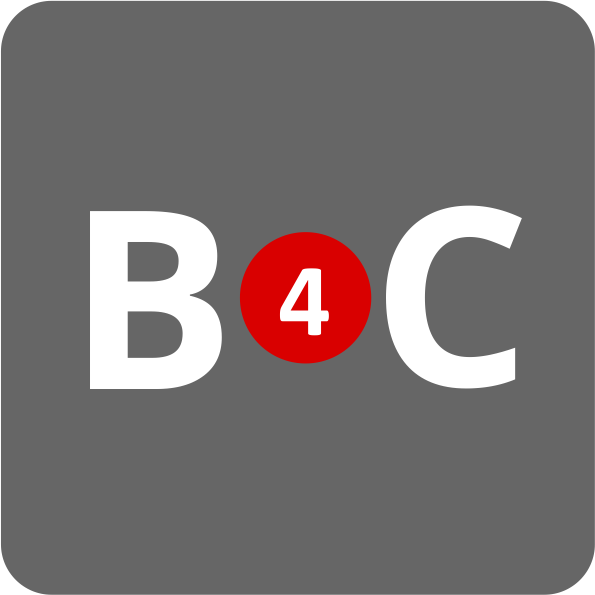
The consultant is an expert within the company who brings in new blood and skills, which can be crucial for the company at some point. But how to recruit a good consultant?
Of course, you will have established a complete job description of the desired profile containing the know-how (i.e., the expertise), as well as the interpersonal skills.
However, when adding the requirements one under the other, recruiters often forget to classify this list according to the priorities of the company. It is therefore recommended to reduce this list to 10 hard skills and 5 soft skills.
Prepare a pre-selection sheet
We suggest taking the following steps:
- Firstly, select the 3 hard skills that are non-negotiable. Assign a weighted coefficient of 3.
- Then select 4 hard skills that would be valuable to the company. For these the priority coefficient is 2.
- List 3 more hard skills, which are necessary but less important, and assign a coefficient of 1.
- Finally add the 5 soft skills with a coefficient of 2.
For each element there are 4 possibilities:
- Amazing (4 points)
- Experienced (3 points)
- Potential (2 points)
- Insufficient (0 points)
Make the pre-selection
Once this is done, the heavy task of pre-selection begins, unless you have delegated this task to a specialist firm. This firm would provide you with additional information on the profiles presented.
But either way, for this phase, the work you will carry out has to be done in a factual manner following the pre-selection sheet.
For example, don’t reject a CV that has spelling errors if this element has not been included in the selected skills. In the same way, do not validate a CV with extraordinary skills if these have not been listed in your pre-selection sheet.
Once this work is done, choose the best sheets that meet your needs.
Prepare for the interview
You now have the optimal selection of profiles that meet your needs. If you decide to manage the recruitment internally, you will have to verify the various elements of the CV.
For this, Google and LinkedIn are your best friends. Research the candidate’s publications, look at the posts published on LinkedIn, and study the testimonials of the candidate’s clients and professional contacts.
If any doubts arise during this process, you should write them down. This will allow you to ask pointed questions during the interview.
Meet the consultant
The interview, whether in-person or remote, should allow you to define the personality traits that cannot be apprehended by only reading a CV.
For example, does the candidate position himself as a victim? To do this, ask the candidate to tell you about a professional failure. By listening to their response, you will easily determine whether the candidate is taking responsibility for the failure or whether they are blaming others.
You can also ask « nonsense » questions like Google does, like « how many golf balls does a school bus have? ». The objective is not to have an exact quantified answer, but to discover the candidate’s way of thinking and/or his creativity and his way of reacting in a state of stress. It all depends of course on the position to be filled.
Of course, during the interview, you must also formulate the mission, the means allocated to achieve it, the work environment, the flexibility of the organization, etc.
